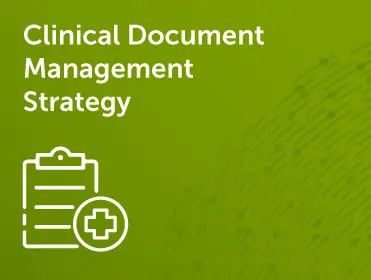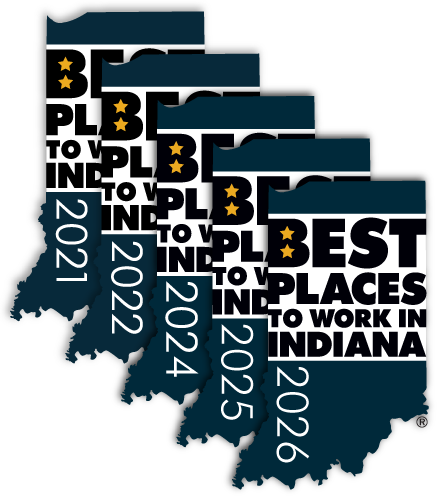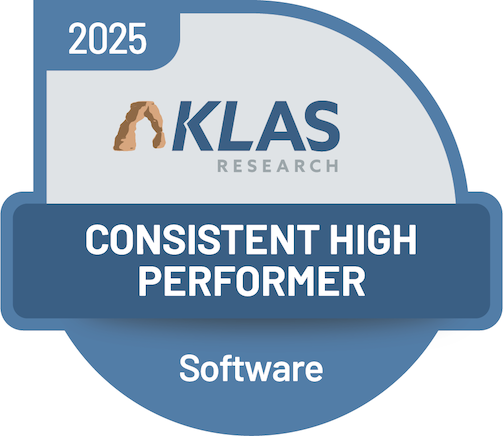
The role of clinical documentation in healthcare.
Over the years, advancements have been introduced, with technology solutions significantly improving the accuracy of healthcare documentation. There are many reasons to continue to improve documentation systems and processes, including that 20 percent of all medical malpractice cases involve at least one documentation failure.
The challenges of clinical document management.
When not managed properly, clinical document management can present significant challenges for healthcare organizations, such as:
- Ensuring security and regulatory compliance.
- Fragmented medical information located in different places.
- A lack of interoperability between different platforms and incompatible systems.
- Integrating a new document management system (DMS) with existing legacy systems within a healthcare organization can be complex and require significant effort.
- Systems that face scalability challenges when dealing with the increasing volume of data.
- Operational, workflow and cost issues.
Recent efforts in the evolution of medical record documentation focus on technology and integration. This includes:
- Converting paper forms, scans, and other unstructured content into digital formats.
- Connecting with EHR/EMR systems so clinicians can access external documents and embedding analytics directly into the EHRs.
- Centralizing all content related to a patient case or financial/administrative process to improve cross department collaboration.
- Using technology tools to monitor regulatory requirements for retention and overall compliance.
- Adopting generative AI (GenAI) to continue to transform documentation efforts.
The growing importance of EHR-integrated clinical documentation.
The initial phase of an effective documentation strategy involves identifying the essential elements that must be recorded. There are resources from regulatory bodies to help providers develop, or update, a medical record documentation standard that works for the organization.
The biggest step forward for an updated documentation strategy is to include EHR optimization. High performing teams are considering shifts from task-based individual software solutions to integrated systems (or EHR modules) that provide comprehensive access to information and outcome-oriented impacts. Integrating documentation into the EHR is important to enhance record efficiency and integrity.
There are stand-alone solutions like Hyland OnBase, Nuance, AGS Health, Scribe Create and others. These platforms sometimes integrate with EHRs which has become a must-have for modern health data management. Software systems also can present challenges related to usability, integration, and vendor support, which can prompt providers to consider alternative solutions.
Some EHRs offer built-in documentation management options, such as Epic’s Gallery, to integrate with existing workflows to support faster access to critical information. For clinicians, this means faster access to critical information. For administrators, it means fewer silos and better alignment with enterprise systems.
Other EHRs that offer documentation modules include Oracle Health Document Imaging, Veridigm Sunrise Clinical Manager, athenaOne Document Management and NextGen Document Management.
The primary benefits of effective documentation management in healthcare:
- Faster reimbursement rates with fewer denials and reduced audit risk.
- Improved clinical quality and safety to support better decision-making and patient outcomes.
- Mitigated risk as strong documentation protects against liability and supports regulatory standards.
- Reduced complexity and improved workflows with integrated documentation modules that work within the EHR.
Transitioning from one document management system to another goes beyond the technical lift to a strategic opportunity.
As healthcare providers continue to streamline their data management footprints there may be changes needed in the clinical documentation solutions to execute on the strategy. If your organization is exploring alternatives to its document management or other software applications and decides to make a change, we can help.
Harmony Healthcare IT specializes in helping healthcare organizations:
- Extract clinical documents from legacy document management application (like Hyland OnBase or other).
- Migrate relevant documents into a new system (like Epic Gallery or other).
- Archive older or redundant documents to reduce storage costs while maintaining access and compliance. This allows the decommissioning of outdated applications and servers.
Are you ready for a conversation about up-leveling your document management strategy with an eye on maintaining access to legacy data?






